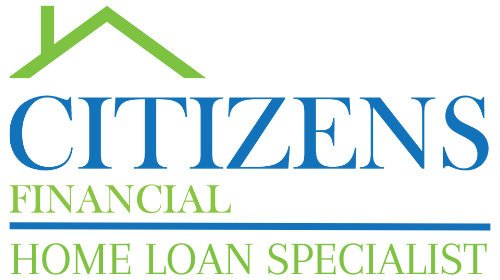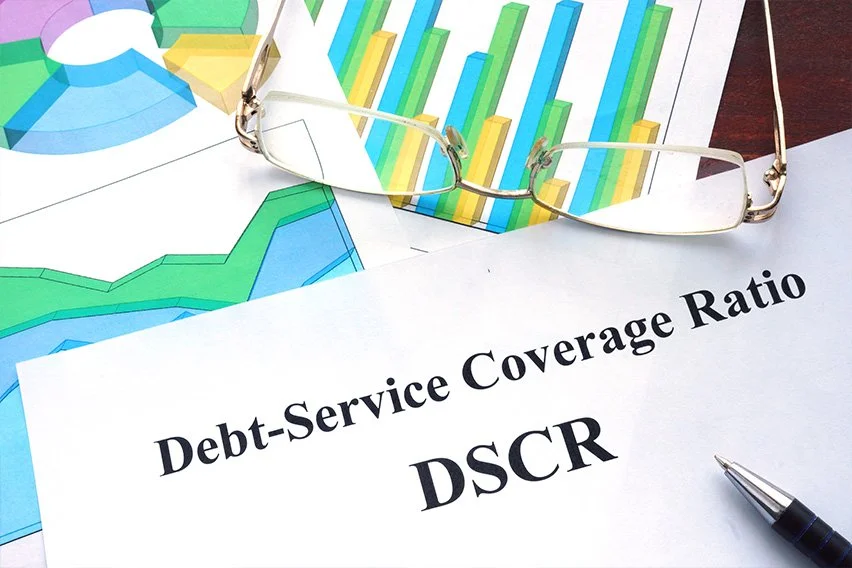As the real estate market continues to evolve, investors are constantly seeking innovative ways to…
Understanding Closing Costs: What to Expect and How to Budget
Buying a home is an exciting milestone in anyone’s life, but it’s important to be prepared for all the associated costs that come with it. One significant aspect of the home buying process is closing costs. Understanding what closing costs are, how they are calculated, and how to budget for them is essential for a smooth and successful real estate transaction. In this article, we will delve into the world of closing costs, providing you with the knowledge you need to navigate this crucial financial aspect of homeownership.
What are Closing Costs? Closing costs are the fees and expenses that buyers and sellers incur during the transfer of a property. These costs are typically paid at the “closing” or settlement, the final step in the home buying process. While the specific components of closing costs can vary depending on the location and type of property, common elements include:
- Lender Fees: These include loan origination fees, discount points, and appraisal fees. Lenders may also charge for pulling your credit report or conducting a title search.
- Third-Party Fees: These fees are paid to professionals involved in the home buying process, such as attorneys, appraisers, inspectors, and title insurance companies.
- Prepaid Expenses: These costs cover items like property taxes, homeowner’s insurance, and prepaid interest on the mortgage loan.
- Escrow Fees: If you’re using an escrow company to handle the closing process, there will be fees associated with their services.
- Recording Fees: These fees cover the cost of recording the transfer of the property with the appropriate government office.
How to Budget for Closing Costs: Now that you understand the various components of closing costs, it’s crucial to budget for them effectively. Here are some steps to help you plan for this significant expense:
- Research and Estimate: Begin by researching average closing costs in your area or consult with a real estate professional who can provide estimates. This will give you a ballpark figure to work with.
- Factor in Lender Requirements: Lenders may have specific requirements, such as a minimum down payment or a percentage of the loan amount as closing costs. Be aware of these guidelines and ensure you have the necessary funds available.
- Create a Closing Costs Savings Account: Consider setting up a separate savings account dedicated to closing costs. This will help you accumulate the necessary funds over time and avoid dipping into other savings or emergency funds.
- Review the Loan Estimate: Once you’ve found a home and applied for a mortgage loan, your lender will provide you with a Loan Estimate. This document will outline the estimated closing costs associated with your specific loan. Review it carefully and ask your lender to clarify any items you don’t understand.
- Negotiate with the Seller: In some cases, it may be possible to negotiate with the seller to cover part or all of the closing costs. Discuss this option with your real estate agent and explore the possibilities.
Closing costs are an inevitable part of the home buying process, and being prepared for them is crucial. By understanding what closing costs encompass and how to budget for them, you can alleviate financial stress and make the home purchase experience smoother. Remember to research, estimate, and plan ahead, and don’t hesitate to seek guidance from real estate professionals who can provide valuable insights. With careful preparation, you’ll be well-equipped to handle closing costs and move forward with confidence in your homeownership journey.
NMLS #1401042 | info@citizensfinancial.co | 707-800-6047
#ClosingCosts #HomeBuyingTips #RealEstateFinance #BudgetingForClosingCosts #HomeownershipJourney




